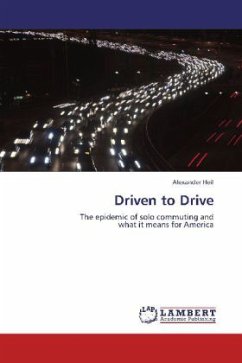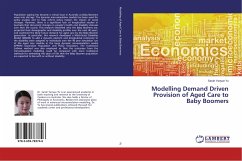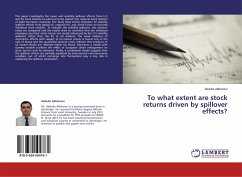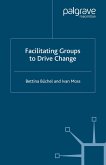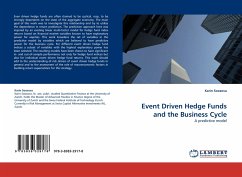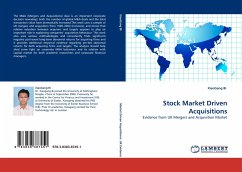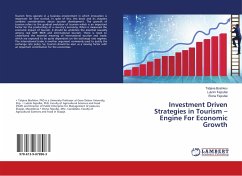As a result of an increasing shift towards solo car commuting in the United States and other industrialized countries over the last decades, congestion on major highways has become a severe problem leading to considerable private, social and environmental costs. This trend has become an obstacle for economic growth and urban development. In order to formulate effective policies, it is critical to understand why individuals choose to travel alone rather than utilize more efficient modes of transportation. By applying multinomial modelling, this study analyzes behaviour patterns that ultimately lead to traffic congestion and solo car commuting. The analysis of Boston data isolated some of the key decision-making variables such as the availability of parking at work. Additionally, the study showed the difference between orbital and radial commuters and the extent to which their decisions are responsive to changes in variables. Recommendations for effective policies targeting trafficcongestion and gridlock are made with a specific emphasis on the Greater Boston area.
Bitte wählen Sie Ihr Anliegen aus.
Rechnungen
Retourenschein anfordern
Bestellstatus
Storno

